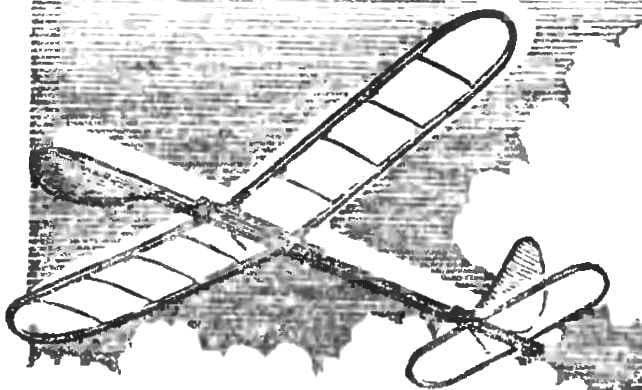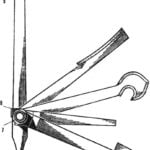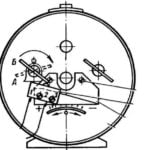 The learning model is simple. So fly it close and low. Good sports model can produce only an experienced hand. It seems self-evident, isn’t it? But the glider, which refutes many preconceived ideas about the possibilities of training “sketchy”. He developed PA Volgograd station of young technicians in the circle of the master of sports of the USSR Vladimir Bogdanov.
The learning model is simple. So fly it close and low. Good sports model can produce only an experienced hand. It seems self-evident, isn’t it? But the glider, which refutes many preconceived ideas about the possibilities of training “sketchy”. He developed PA Volgograd station of young technicians in the circle of the master of sports of the USSR Vladimir Bogdanov.
In 1974 aspiring model airplanes Frolov, speaking with him on the city competitions, scored five rounds of 812 points, and in the last round, the model flew so high that it went into the clouds…
In 1975, several of these gliders made by students 6 th grade A. Sargsyan. Speaking at the regional competition, he won ribbon champion of the region.
Reiki, common thread, wire, paper, glue, scissors, a set of the most simple tools — here’s what you need for the airframe. Novice modelers can do it for several classes.
The fuselage is pine slats, a rounded bottom, length 850 mm, cross-section 10×10 mm. Its caudal portion (300 mm) grinds to a cone to the cross section 6X6 mm Weight CA nose of lime; it must also be rounded.
Plumage. Keel vignette of the aluminum wire of Ø 2 mm and fasten to the fuselage with thread.
Stabilizer fabricate two rails Ø 4 mm, length 220 mm and two radii of the aluminum wire, flattened in places of attachment to the slats. The finished part tied to the tail of the fuselage with thread crosswise and glue it macalintal paper. To stabilizer not broken when planting, set before him a crutch from a steel wire Ø 1,5 mm. From the same curves and a starting hook.
Krilo assemble four rods Ø 5 mm, length 450 mm, aluminum ribs, and radii. For the installation half of the wing under the angle of bend of the aluminum wire of Ø 3 mm and a length of 100 mm the two corners, tie them in the center, fluff the connection with glue.

All the wooden parts before Assembly carefully polished. Model glued macalintal paper: only the top wing and the stabilizer and fin on both sides. From the same paper, but the dark colors are cut trim elements, letters and numbers.
Cover the entire model one or two times a thin layer of liquid Amalita. Make sure that during the Assembly and bonding to avoid distortions of the wing and tail. The airframe should weigh 85-120 g.
The tests start with balancing. If the model dives, slide the wing forward, with undulating flight (pitch up). Turn to the right or left fixed by displacement of the keel in the opposite direction.
Adjusting the model swing trial run with hand and guard rails. During the first test good to use the auto start of the shock absorber. Here’s how: hammer a stake into the ground, attach the harness of the two or three threads model aircraft rubber length 5 — 10 m Extend its 50-metre high guard rails with aluminum ring and bright flag. Stand back five to ten steps (based on the length of the rubber harness and lifelines) and run the model against the wind. When the glider gets high enough, it will automatically unhook.
If the model is properly adjusted, then the speed of the thief 3 — 5 m/s it rises to 35-40 m, and the time of free flight will amount to 80-100 C.
A. SARGSYAN



